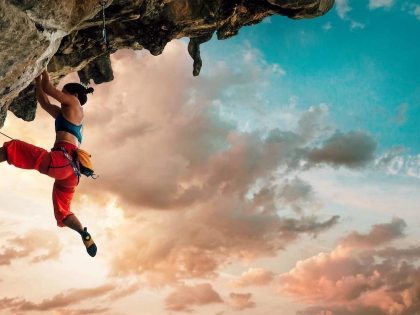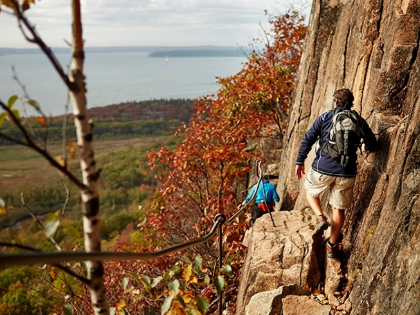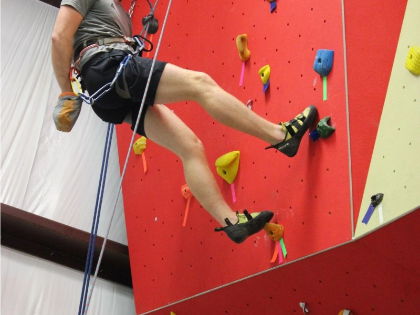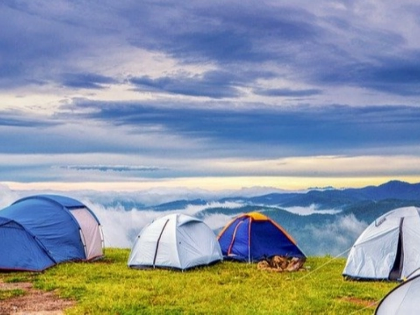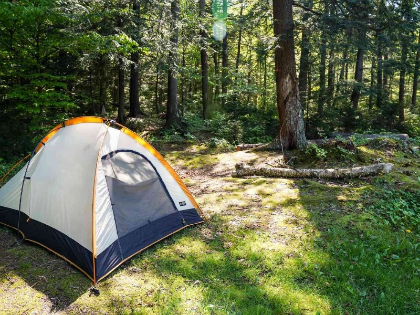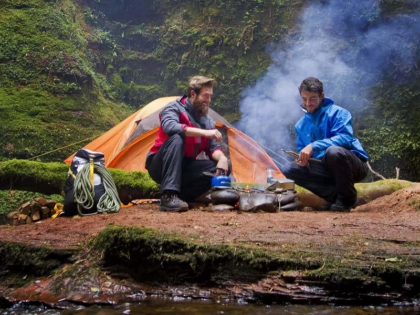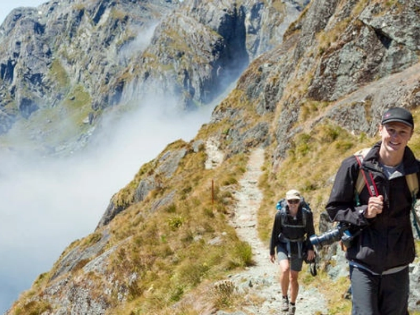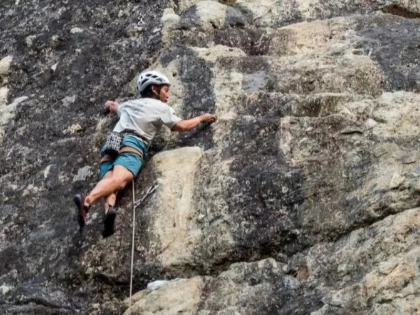What Makes Kids Enjoy Camping?
Kids enjoy the feeling of adventure that camping brings, and it gives them the chance to develop a range of life skills. By building their tents, preparing their meals, and taking care of their personal items, they get to take control of their own lives.
Children at camp also learn social skills in a distraction-free setting free from media, and they frequently form lifelong friendships.
1. They can play outside.
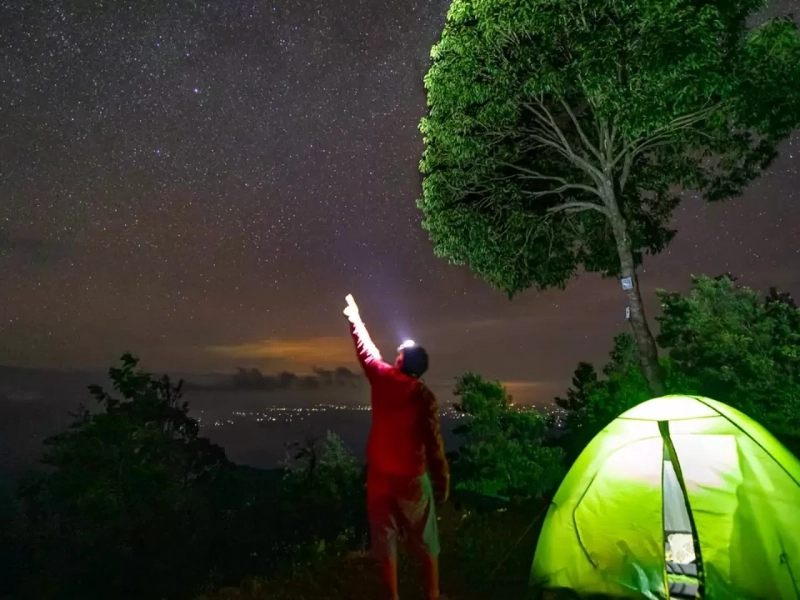
Children who spend too much time indoors may suffer from mental and physical health problems. Children may play outside and burn off energy when camping because there are no electronics to distract them.
When camping, kids love to explore and discover new things about their environment. They can swim in crystal-clear lakes, go on hikes through woods, and discover a variety of animals that live there. Children's innate curiosity fosters an appreciation for their surroundings and the wider world.
Children who go camping are also inspired to be self-reliant and take responsibility for their own lives. They can learn how to prepare meals, erect tents on their own, and take care of their personal items. This gives people self-assurance and self-worth by demonstrating their independence. By taking on new challenges while camping, like conquering a phobia or trying a new activity, they might also gain confidence. They may become stronger and more equipped to handle the challenges of life as a result.
2. They have a tent to sleep in.
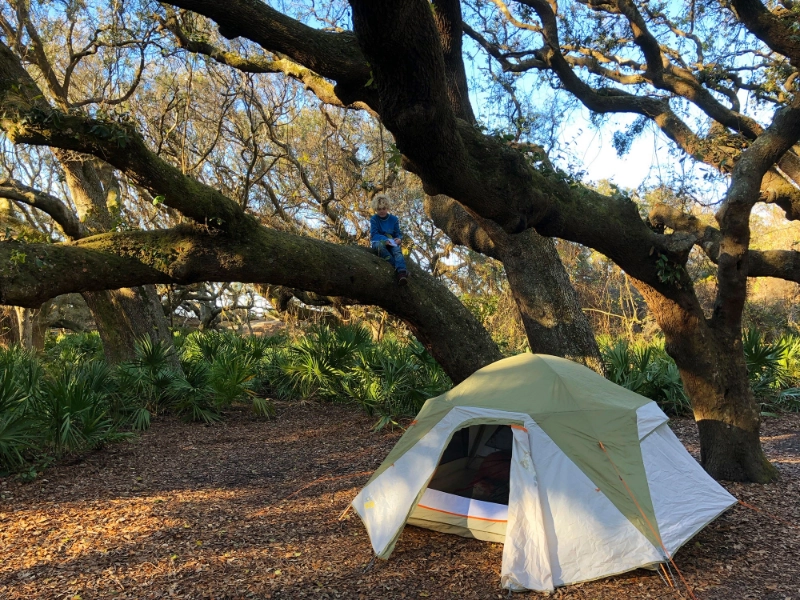
The majority of children who go camping adore it. They get a sense of adventure, and it's far more thrilling than staying in a hotel. This helps kids form lifelong memories and demonstrates to them that they can be autonomous in their own unique way, both of which are excellent for their self-esteem.
When going camping, kids learn how to properly dispose of their garbage and how important it is to avoid waste. Additionally, they are taught the value of protecting the environment and abiding by the Leave No Trace guidelines.
Camping gives kids the chance to disconnect from electronics and appreciate the wonders of the natural world in a world where kids are constantly entertained. It also inspires youngsters to explore their campground with imagination, since it may transform into anything from a fairy palace to a pirate ship. Their capacity for creativity and problem-solving will greatly benefit from this. Since kids can pick up new skills like cooking over an open fire and setting up tents, it can also help boost their confidence.
3. It allows them to meet new people.
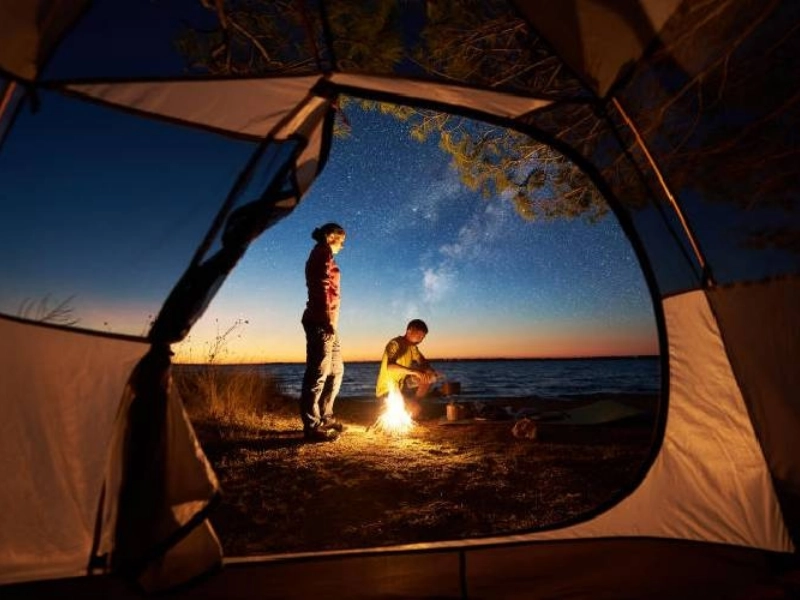
Camping not only teaches kids important survival skills, but it also helps them develop self-confidence. Kids can learn self-sufficiency skills, such as cooking and setting up a tent, without continual adult supervision. They may feel more assured of themselves and their capacity to overcome obstacles as a result.
It is crucial that kids learn to appreciate and engage with the environment in a society where they spend a lot of time indoors. For kids of all ages, camping is a terrific way to accomplish this. Youngsters can try new things, go on adventures, and make new friends—all of which can enhance their confidence and mental well-being. Furthermore, camping can help them develop resilience by teaching them how to overcome obstacles and come back stronger from trying circumstances. They will require this essential talent for the rest of their lives.
4. They get to travel to new locations.

The majority of children spend far too much time inside and in front of screens. While camping offers people the chance to be outside, explore new locations, and re-establish a connection with nature, it can also have unfavourable effects like sleep deprivation and a decline in mental health.
It promotes youngsters' adventurous play outside, which aids in the development of their gross motor skills and self-awareness. As kids successfully negotiate natural challenges like walks and caves without adult assistance, it also teaches them to respect their natural environment and sharpens their problem-solving skills.
Children that go camping also learn how to cooperate. Finding firewood or setting up a tent together is just one example of how teamwork is a crucial life skill. As kids learn to rely on themselves, this will help them become more self-reliant and self-assured. It will also encourage the sense of accomplishment that comes with learning new abilities. Additionally, it can instill in kids the value of being good stewards of their environment and the significance of family and friends.

